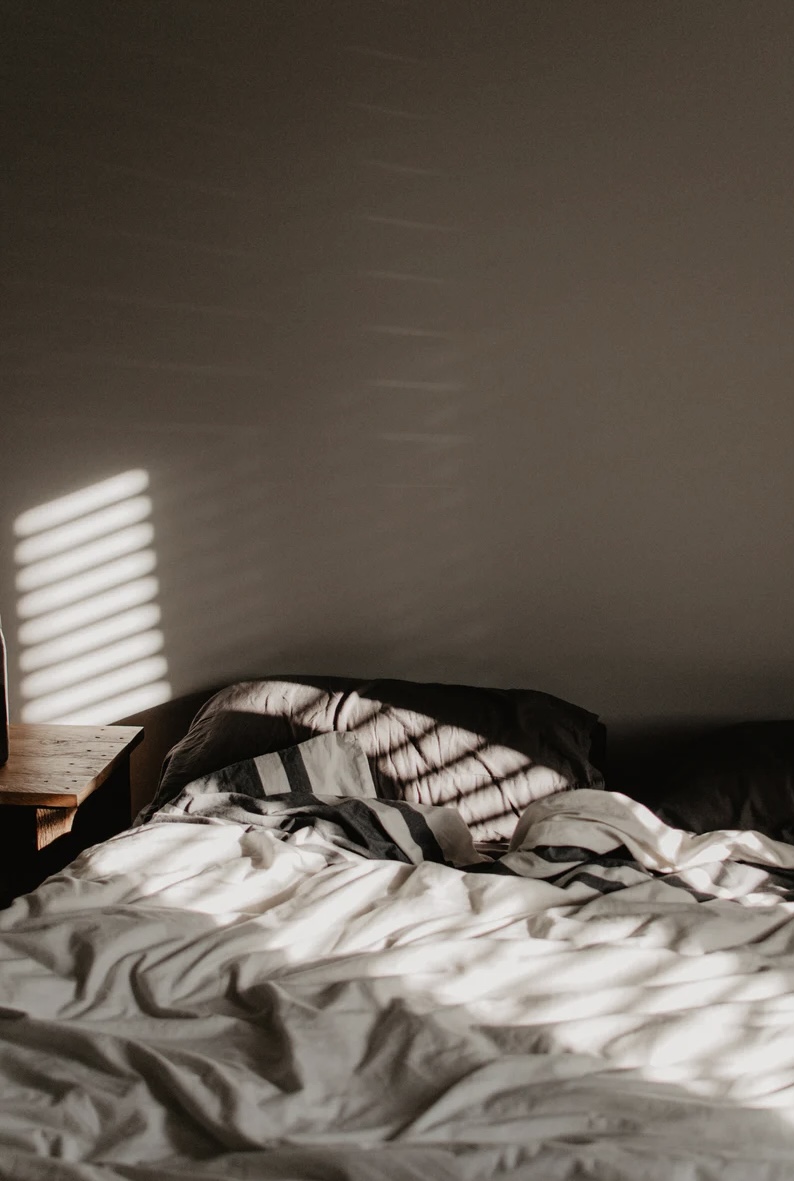
Seniors often complain of sleep problems.
The human body requires rest to function properly.
Most people notice when their sleeping habits and quality are poor.
Mild effects of poor rest include irritability and tiredness.
Prolonged "sleeping" challenges can lead to greater health issues.
According to a recent Medicare Advantage article titled “Seniors and Sleep: How Much Sleep You Need and How You Can Get It,” knowing how much rest your body needs is a helpful step in improving personal health.

Sleep is often elusive for seniors.
Seniors are often given different exercise, diet, and lifestyle recommendations than younger adults when it comes to supporting their general well-being.
Many people assume this also means sleeping requirements change for seniors.
Generally, this is a false assumption.
The National Sleep Foundation recommends adults age 65 or older receive between seven and eight hours of sleep each day.
Adults age 18 and older are told their bodies need between seven and nine hours of “shut eye” to stay healthy.
While older adults require about as much sleep as when they were younger, they often have greater struggles with insomnia.
According to the American Academy of Sleep Medicine, 36 percent of women and 13 percent of men who are at least age 65 take at least a half an hour to fall asleep.
Once asleep, seniors often get less deep and REM rest.
Why is this the case?
Several factors likely conspire to contribute to sleep issues.
These include arthritis, more active bladders, restless leg syndrome, and a decrease in exercise.
Some medications can make falling asleep more challenging because they increase heart rate and alertness.
If your partner begins snoring in old age, it can keep you from falling asleep once awakened.
Additionally, finances, health, and bereavement can lead to physical stress on the body and interrupt rest.
Although naps can be helpful, providing a boost of energy during the day, it may be harder to get a full night of rest as a result.
Because many seniors spend less time outdoors, the reduced exposure to sunlight can disrupt their sleep cycles.
Additionally, circadian rhythm often shifts gradually so seniors need to go to bed earlier and wake up earlier.
Adjusting to physical changes can be challenging for seniors.
Meet with a doctor to discuss lifestyle changes that may help you get the more restful sleep your body requires.
Reference: Medicare Advantage (Nov. 17, 2021) “Seniors and Sleep: How Much Sleep You Need and How You Can Get It”
REMEMBER: “The choice of a lawyer is an important decision and should not be based solely upon advertisements.”
This statement is required by rule of the Supreme Court of Missouri.
